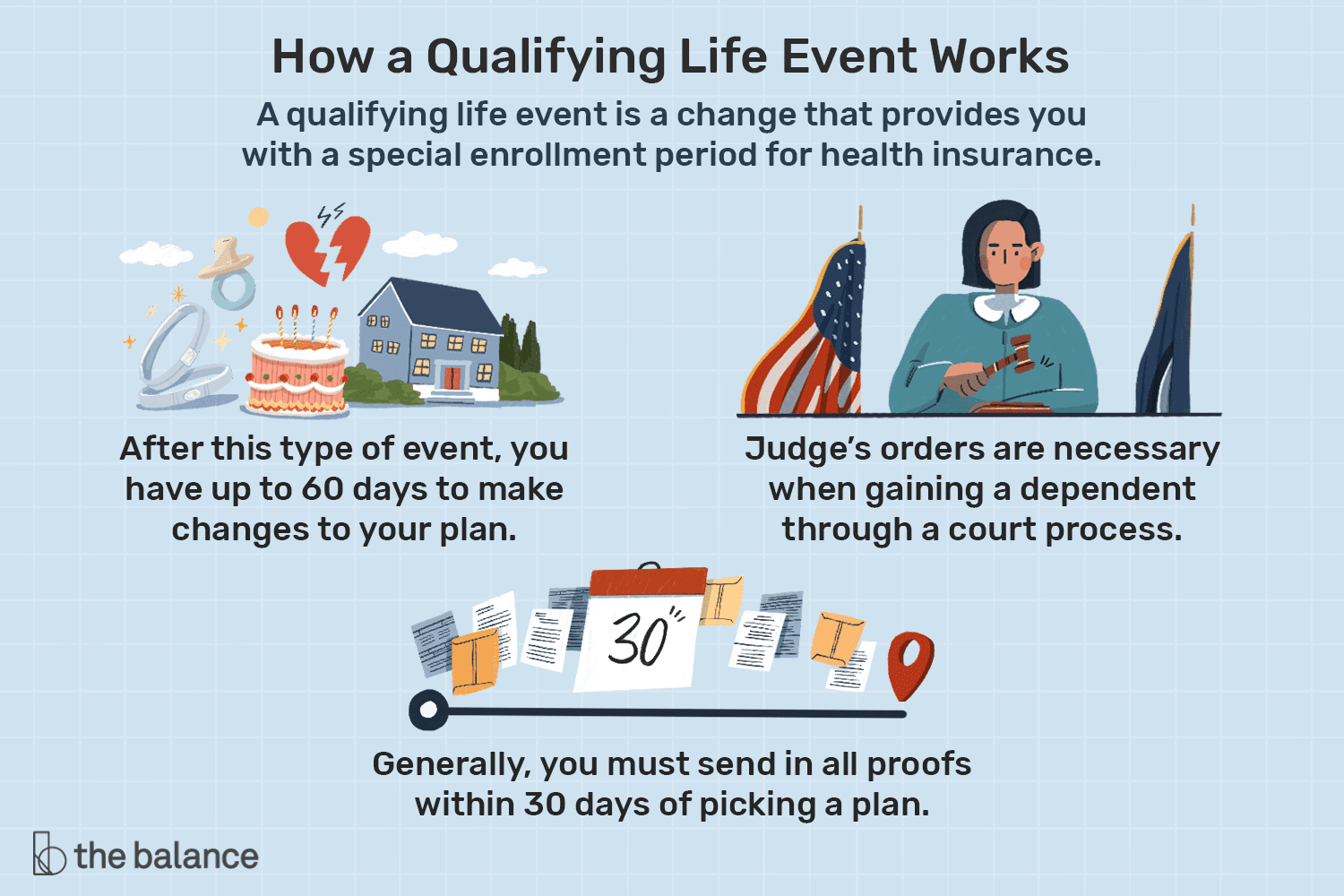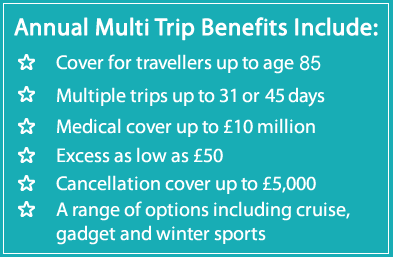
It's important to find out which types of plans are offered when you shop for New Jersey insurance. Some plans offer premiums that are age-based, while others may be location-based. This article will provide information about the different types of New Jersey health insurance plans. You'll also learn about how to avoid paying more than you have to, and how to maximize your coverage.
New Jersey: Cost of health insurance
The cost of health insurance in New Jersey can vary greatly depending on your circumstances. You may choose a low-cost plan, like a Bronze plan, if you only need routine medical care. You may need to visit your doctor frequently or purchase prescription drugs. If this is the case, you might want to choose a Silver plan.
The average cost of a New Jersey health insurance plan increased by 3% between 2021 and 2022. The most significant jump was in bronze plans. The cost of health insurance in New Jersey is also limited by regulations. As they don't typically provide essential benefits, short-term health insurance plans cannot be offered. They also require medical underwriting.
Different types available
There are many options for purchasing New Jersey insurance when you're looking for health coverage. You can purchase a Health Maintenance Organization plan or an Exclusive Provider Organization plan. HMOs are an affordable option that allows you to keep in touch with specialists and doctors. EPO plans allow you to choose your own provider network, and can offer more comprehensive coverage.

Your income level is important when searching for New Jersey health insurance plans. Medicaid can provide lower-cost coverage for low-income individuals. Others may be eligible for subsidized healthcare coverage at a lower cost or for no charge through a health insurance market.
Age-based premiums
New Jersey's law does not permit age-based insurance premiums. But, the cost of insurance does not depend on your age. Premiums tend to be lower for younger persons and higher for seniors. There are some discounts based primarily on age and income. This includes premium tax credits for seniors as well as cost-sharing reductions available for people with low incomes. A precise quote will be given to you when your application for health insurance is made. Premiums can vary depending on the type of plan and your age.
New Jersey's health insurance policy offers two types. The HMO (Health Maintenance Organization), is the first. Another is an Exclusive Provider Organization. You must use an HMO network of doctors in order to get treatment. However, if you need a specialist, you can choose to visit a different provider. The EPO option lets you see doctors outside the network.
Location-based premiums
Individual health insurance in New Jersey costs vary widely. It depends on your health needs and preferences. If you visit the doctor regularly, the Gold plan may be the best option. This plan has higher monthly rates, but you will also be paying less for deductibles and office visits. If you are not likely to use your insurance often, the Bronze plan might be a good choice. Bronze plans have lower monthly rates but higher deductibles and copays. These plans are ideal for people who use their health insurance less often.
Health insurance costs in New Jersey are based on where you live. This means that depending on your location, you might pay more for health insurance in some areas than others. The average cost of a health insurance policy in New Jersey for a 40-year-old will be $583 per month by 2022, which is 3% higher than in 2021. The IHC Silver EPO AmeriHealth Benefit $45/40% plan costs $398 per month, and is the most affordable option for New Jersey residents. In 14 counties, the cheapest Silver plan is OMNIA Silver Value, while in another 14 counties, the lowest Silver plan is Horizon Blue Cross Blue Shield's Value Access Silver.

Plan for the short-term
There are many insurance companies that offer short-term insurance plans for New Jersey. While the term may seem short, they are actually the best option for some people. The short-term plan is ideal for people with no health insurance or low-cost coverage, while the longer-term plan is the best choice for people with pre-existing conditions and prescription drugs. Both plans have different costs depending on what you need.
Even though the benefits and coverage offered by a short term plan are sometimes limited, many people find them cost-effective and convenient. The coverage provided is typically limited to emergency care and may not be as comprehensive as major medical or health insurance. Short-term plans are often limited in benefits but can still be an affordable option for those who are temporarily unemployed or require health care coverage. Using a comparison site to find the right New Jersey short-term medical insurance plan is a good idea to ensure that you're getting the right coverage at the right price.